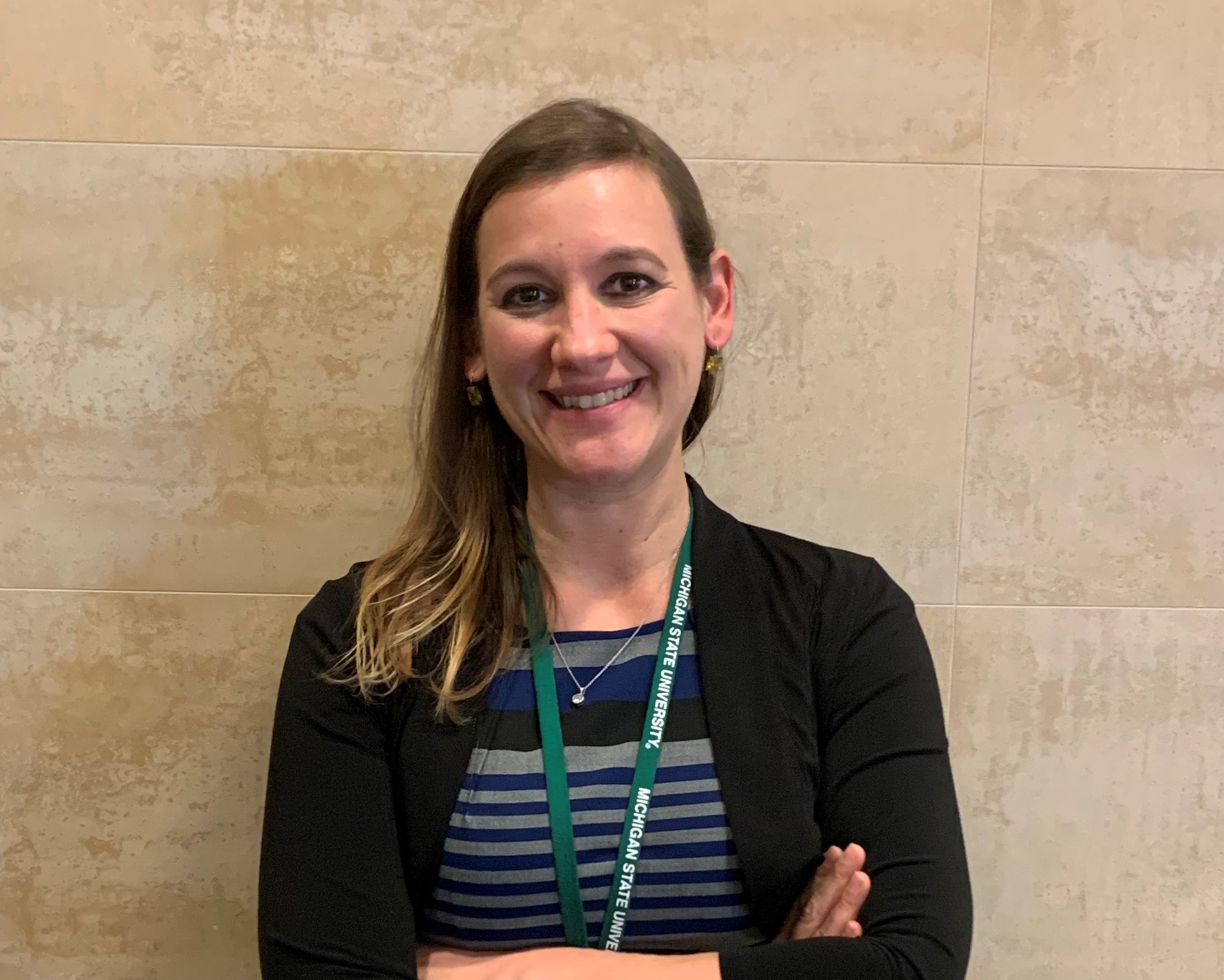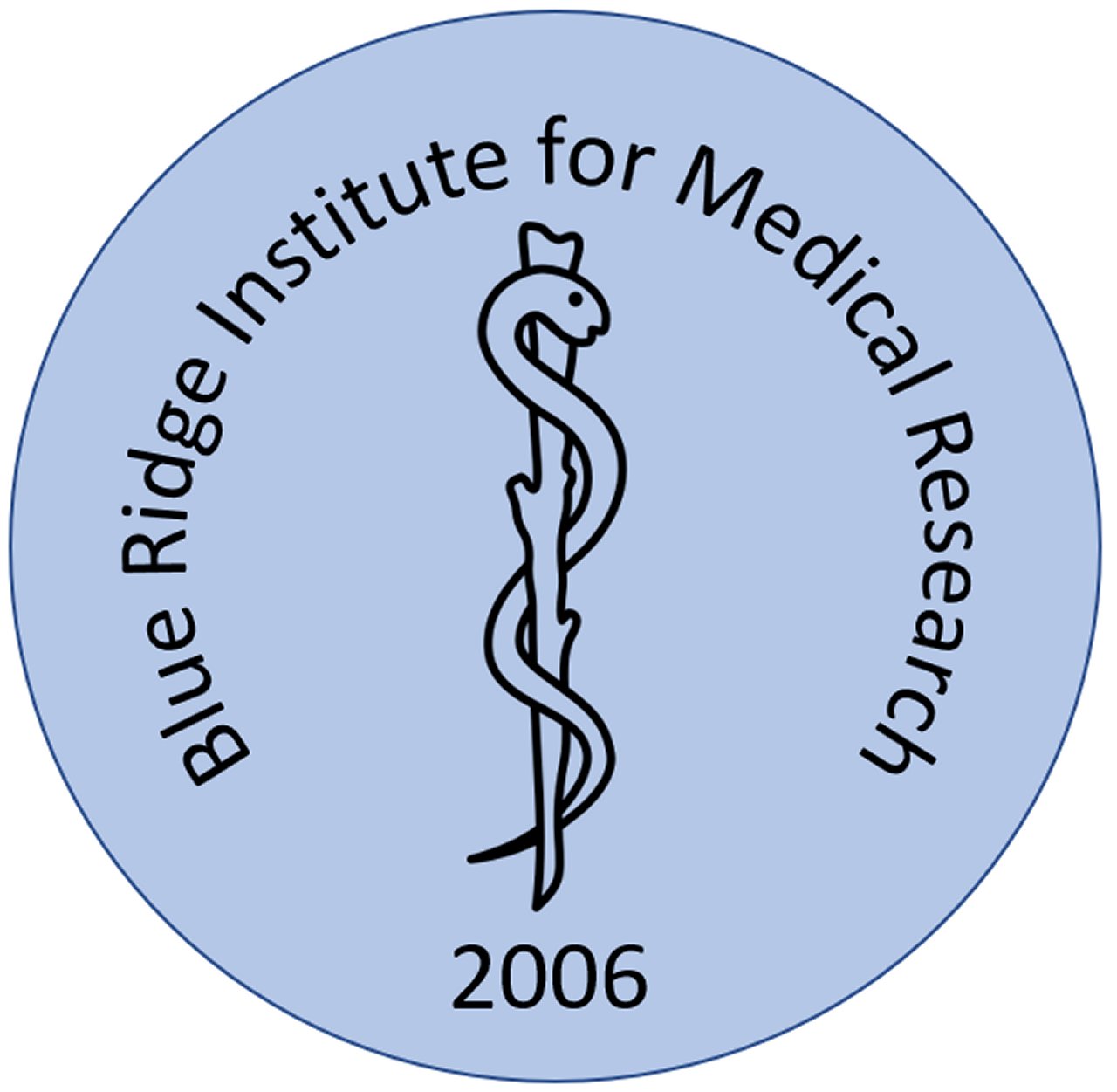
Biography
Natoshia R. Cunningham, PhD, is a 2025-2026 Fulbright US Scholar to Spain
Dr. Natoshia R Cunningham, PhD, is a Red Cedar Distinguished Professor and an Associate Professor in the College of Human Medicine, Department of Family Medicine at Michigan State University and directs the HELP PAIN Lab. She is a licensed clinical psychologist whose research focuses on 1) developing and testing psychological treatments for youth with chronic painful health conditions (e.g., lupus, functional abdominal pain) and co-occurring mental health symptoms, 2) studying neural mechanisms of pediatric pain and effect of psychological therapies for these conditions, and 3) increasing access to behavioral healthcare for pediatric chronic pain and mental health concerns using community-engaged and culturally adapted methods, with active projects in the US and abroad. She has published numerous scholarly papers in peer-reviewed journals, and holds current or recent grants from the National Institutes of Health, the US Department of Defense, and several foundational sources, including the Michigan Health Endowment Fund and the Childhood Arthritis and Rheumatology Research Alliance-Arthritis Foundation. She is a clinical behavioral trialist and dissemination and implementation scientist committed to mentoring the next generation of clinical scientists.
Education/Training
Dr. Cunningham earned her PhD in clinical psychology from Virginia Polytechnic Institute and State University in 2011, specializing in the assessment and treatment of childhood anxiety disorders. As part of her graduate training, she completed her clinical internship in pediatric behavioral medicine at the University of Miami/Jackson Memorial Medical Center from 2010-2011. She came to MSU from Cincinnati Children's Hospital Medical Center, where she completed a postdoctoral fellowship in pediatric pain from 2011 to 2014 and served as research faculty from 2014 to 2019.
Employment
Michigan State University, East Lansing, -
Publications
Cognitive Behavioral Therapy for Youth with Childhood‐Onset Lupus: A Randomized Clinical Trial Arthritis Care & Research (2025)
ADAPTed Cognitive Behavioral Therapy for Pediatric Functional Abdominal Pain in Community-Based Pediatric Care: Mixed Methods Study JMIR Formative Research (2025)
American College of Rheumatology Guidance Statements for Addressing Mental Health Concerns in Youth With Pediatric Rheumatologic Diseases Arthritis Care & Research (2025)
Systematic review and meta-analysis of the effect of psychological interventions on anxiety in children and youth with chronic medical conditions Journal of Pediatric Psychology (2025)
The Evolving Landscape of Using Telehealth to Address Pediatric Mental Health in a Postpandemic Era Academic Pediatrics (2025)
The Impact of a Brief Educational Seminar on Pediatric Pain-focused Cognitive-Behavioral Therapy for School Providers The Clinical Journal of Pain (2024)
Helping Educators Learn Pediatric Pain Assessment and Intervention Needs Program (HELP PAIN): Program Development with Community Partners Children (2024)
Psychological distress and coping efficacy in children with disorders of gut-brain interaction. Neurogastroenterology and motility (2023)
Does it hold promise? Measuring pediatric anxiety via PROMIS vs the clinically validated SCARED Children's Health Care (2023)
Commentary: Actionable Steps for Addressing Pediatric Pain in Rural and Underserved Communities: Disrupting Our Approach to Psychological Science and Care Journal of Pediatric Psychology (2023)
A multi-site pilot randomized clinical trial of the Treatment and Education Approach for Childhood-onset Lupus (TEACH) program: study design and COVID-19 adaptations Pediatric Rheumatology (2023)
The Elephant in the Rheum: Time to Address Mental Health as a Priority in Pediatric Rheumatology The Journal of Rheumatology (2023)
Mental Health in Pediatric Rheumatology Rheumatic Disease Clinics of North America (2022)
Cognitive Behavior Therapy Tailored to Anxiety Symptoms Improves Pediatric Functional Abdominal Pain Outcomes: A Randomized Clinical Trial The Journal of Pediatrics (2021)
In the News
Global Progress in Pediatric Psychology: Dr. Natoshia Cunningham's Work on Chronic Pain Takes Center Stage in Spain
Dr. Natoshia Cunningham recently returned from the European Paediatric Psychology Network conference, which occurred from October 9th-11th in Malaga, Spain, and was chaired by Dr. Rocio de la Vega…
Featured Researcher: Dr. Natoshia Cunningham
Dr. Natoshia Cunningham, Associate Professor and pediatric psychologist in the Department of Family Medicine is transforming how children and families navigate chronic pain through a program she…
Balancing Science, Advocacy and Parenthood: MSU Psychologist Earns Fulbright to Expand Care for Kids with Chronic Pain
*Article original posted on https://humanmedicine.msu.edu/
Natoshia Cunningham has made it her life’s work to create tailored psychological treatments for children facing chronic pain. A…
Decoding Pain Relief: How Does a Coping Skills Program Impact Pain, Anxiety, and Brain Function in Children with FAPD?
Women in Medicine Month
September is recognized as Women in Medicine Month. During September members of our department will be sharing their thoughts and stories on Women in Medicine.
Cunningham Presents Research in Sweden
Mental Health in Pediatric Rheumatology: An Opportunity to Improve Outcomes
Establishing Clinical Cut-points on the Pediatric PROMIS-pain Interference Scale in Youth with Abdominal Pain
Elevated fecal calprotectin is linked to psychosocial complexity in pediatric functional abdominal pain disorders
Engagement during a mixed in-person and remotely delivered psychological intervention for youth with functional abdominal pain disorders and anxiety
Functional abdominal pain disorders (FAPD) are common pain conditions in youth that are associated with anxiety and can impact daily functioning. The Aim to Decrease Anxiety and Pain Treatment …
Addressing Pediatric Mental Health Using Telehealth During Coronavirus Disease-2019 and Beyond: A Narrative Review
Department of Family Medicine Faculty Ranked in NIH Funding
The Blue Ridge Institute for Medical Research recently released their ranking of NIH Funding by school and…






